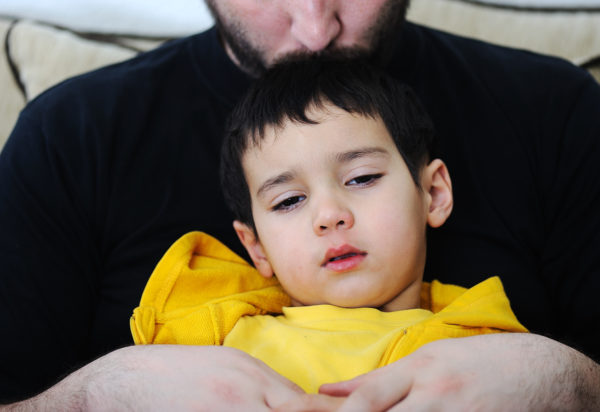A fever is defined as a temperature of 100.4 degrees Fahrenheit or above. A rectal temperature is the most accurate especially in infants. At what point should you begin to worry about a fever? Dr. Molly O’Malley, a primary care physician at Mercy Yarmouth answers that question and more.
Common causes and signs of a fever
When you have a fever, it’s usually because your body’s immune system is trying to fight an infection caused by a virus or bacteria. In other cases, it can be caused by heat stroke, medications, vaccinations, illicit drugs, autoimmune disorders, or a malignancy.
Whatever the cause, you may feel normal or you may feel fatigued, have chills/sweats, headaches, and/or muscle aches.
When to see a doctor for a fever in a child
You can treat a fever with acetaminophen or ibuprofen (in children greater than 6 months of age.) However, sometimes it can be important to contact your doctor when you have a fever. Here are some examples:
- Any infant < 3 months of age with a fever.
- Infants >3 months to 2 years of age with a high fever (>102) or signs of irritability, lethargy, persistent vomiting, dehydration, decreased urine output, or severe diarrhea.
- If the child is older than 2 you can wait a few more days to contact for a fever, even 2 to 3 days, if the child is eating and drinking, making urine, and is not lethargic/confused.
- If a child has been exposed to prolonged heat and has a fever, a provider should be contacted immediately, as this can be a sign of heat stroke.
- Children may have febrile seizures from fevers, even low fevers, so if this occurs, a provider should be contacted.
When to see a doctor for a fever in an adult
- For adults, a high fever of 103-104 should warrant a call to the doctor.
- If an adult has concerns for influenza they should be seen.
- Other concerning symptoms are neck pain and stiffness, severe headaches, rashes, severe vomiting, fainting, mental confusion, and/or back pain in the kidney region (mid back) with urinary symptoms.
- Heat stroke is also a concern, especially in our elderly, so if prolonged exposure to heat and any fever, a provider should be contacted.
These are some general guidelines, however, when in doubt, just call. We always have someone to talk to you to determine whether or not you need to be seen.




You got my attention when you said that an adult must see a doctor if their fever is with other concerning symptoms such as vomiting b and mental confusion. I will be sure to visit a medical center for help within the day, then. For some reason, my fever won’t go away. Also, I have been experiencing headaches that are becoming severe at night.